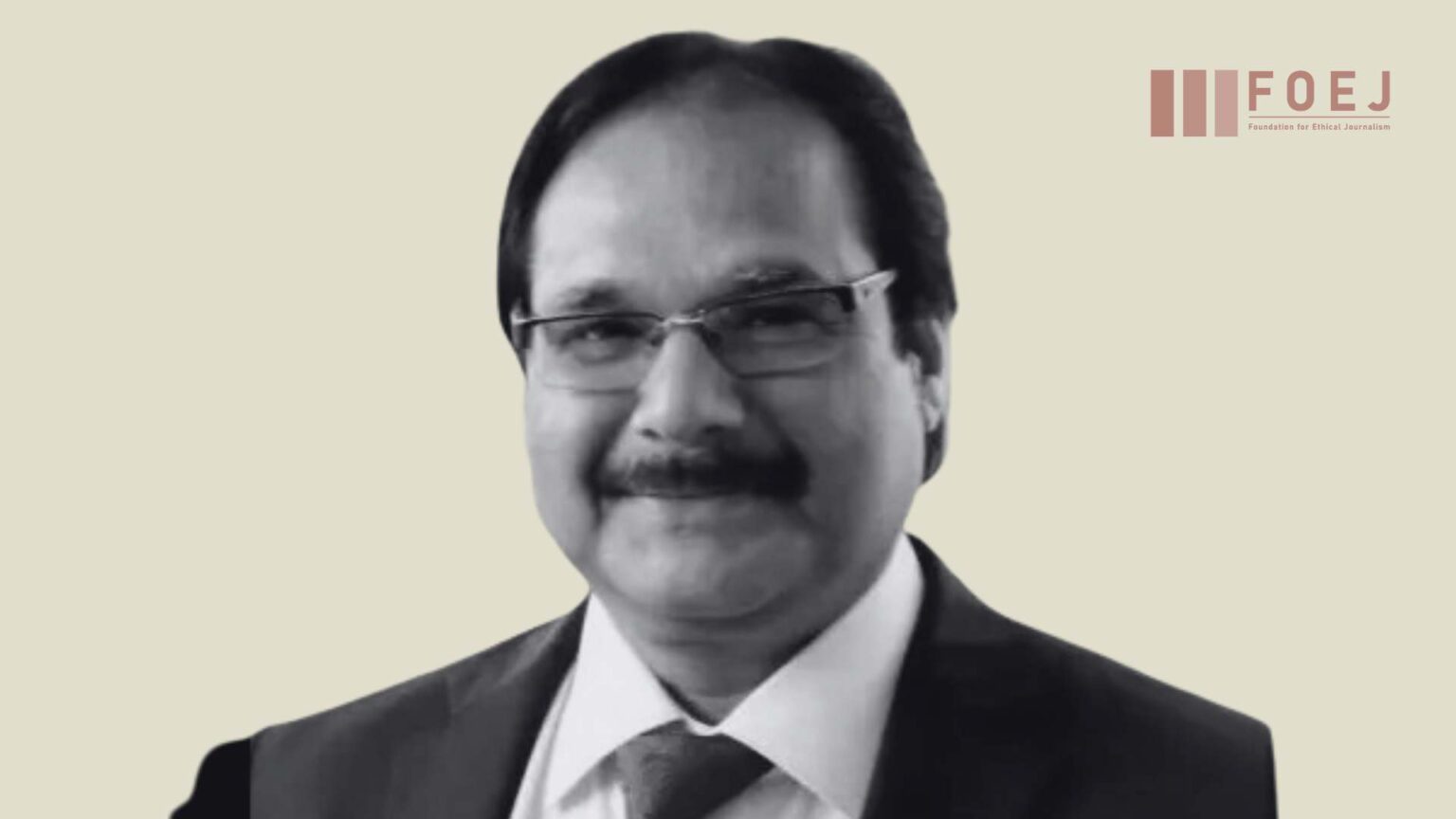In a recent development, Supreme Court Judge Justice Prashant Kumar Mishra has opted to recuse from presiding over the bail plea filed by former JNU student Umar Khalid. Khalid is seeking bail in connection with a UAPA case linked to the alleged conspiracy behind the February 2020 riots in Delhi. Notably, Umar Khalid has remained incarcerated for more than two years.
Justice Mishra’s decision was made without providing any specific reason, as no formal protocol mandates the disclosure of such motives. It’s customary for judges to recuse themselves from cases where they may have previously served as legal counsel or due to personal reasons, aiming to prevent any potential conflicts of interest.

The plea presented by Khalid challenges the verdict of the Delhi High Court issued on October 18 of the previous year, wherein his bail plea had been dismissed. The case was scheduled to be heard by a bench comprising Justices A S Bopanna and Prashant Kumar Mishra.
Justice Bopanna remarked at the beginning of the session, “This matter will be reassigned to another bench. My colleague, Justice Mishra, faces some constraints in handling this case.” However, no rationale for Justice Mishra’s withdrawal was given.
1000 Days of Umar Khalid’s Arbitrary Detention without Trial, or Bail
Representing the Delhi Police, Advocate Rajat Nair informed the bench that a counter affidavit had been submitted, but the apex court registry had raised objections to certain portions due to their vernacular nature. Nair indicated his intention to file the relevant segment of the charge sheet related to the case.
The bench has rescheduled the hearing for August 17 and instructed the inclusion of the counter affidavit into the record, stating, “Given the current composition of the bench, the case cannot proceed. Hence, it will be listed on August 17.”
Earlier, on July 12, the Delhi Police had requested additional time to respond to Khalid’s petition. Senior advocate Kapil Sibal, representing Khalid, had expressed, “In a bail matter, what sort of counter is necessary? The individual has been in custody for two years and ten months.”
On May 18, the Supreme Court had sought a response from the Delhi Police regarding Khalid’s plea for bail. Umar Khalid had been arrested on September 4, 2020, under the Unlawful Activities Prevention Act (UAPA) following communal tensions intertwined with the anti-CAA protests.
In a prior instance, the bench comprising Justices Bopanna and Hima Kohli had issued a notice to the Delhi Police, directing them to respond within six weeks and scheduling further hearings accordingly.
Read more news like this
SC to hear Umar Khalid’s bail plea on July 24, “it should only take a few minutes…









